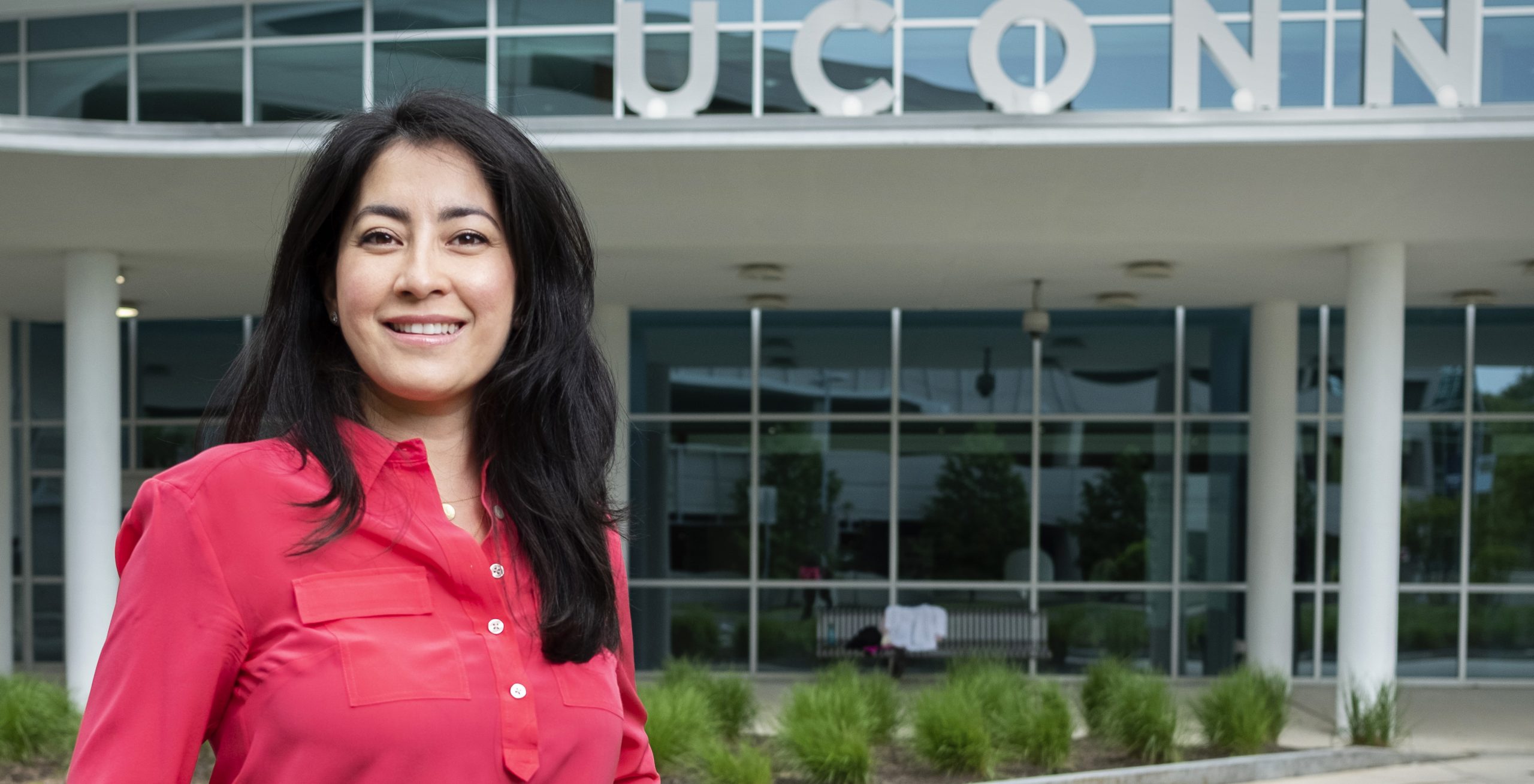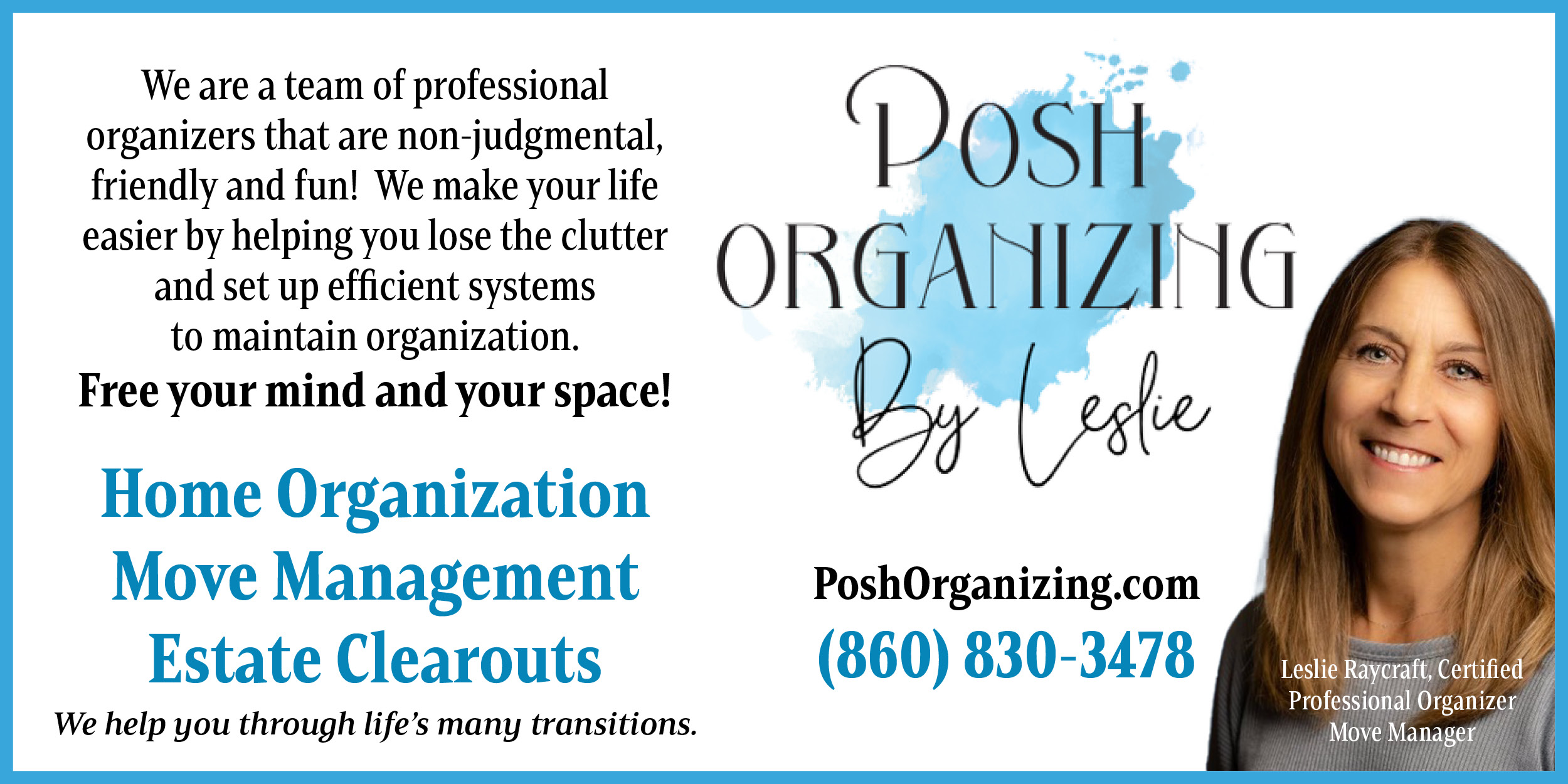Madina Falcone, M.D., M.S. is an Oculoplastic and Reconstructive surgeon with UConn Health in Farmington, specializing in cosmetic, orbital, and reconstructive surgery.
As a board-certified ophthalmologist, she diagnoses eye diseases, including vision loss, diseases of the retina, cataracts and glaucoma.
As an orbital (or oculoplastic) surgeon, she performs eye plastic surgery and reconstructive surgery of abnormalities affecting the eyelids, eye tissue, and tear ducts – such as thyroid eye disease, masses and lesions of the orbit – and inflammatory diseases, all of which can all impact someone’s facial appearance.
Passionate about her work and eager to improve her patients’ lives – physically, mentally, and aesthetically – Dr. Falcone is excited by every new challenge and opportunity to learn something new in her field.
She grew up in California and received her medical degree in 2008, graduating with highest distinction from Rosalind Franklin University of Medicine and Science, Chicago Medical School. She completed her residency in ophthalmology at Boston University Medical Center from 2008 to 2012, and her fellowship in ophthalmic reconstruction and orbital surgery at Tufts University School of Medicine in 2013 and 2014.
She joined the staff of UConn Health four years ago and moved to Farmington, where she lives with her husband, Todd Falcone, MD (who also is a UConn Health physician) and their two young children.
Seasons Magazines: Why did you decide to become an ophthalmologist and then further specialize in oculoplastic surgery?
Madina Falcone: I always enjoyed working with my hands. And being an artist myself, I’ve always enjoyed painting. There’s a really tight-knit connection between art and your eyesight. I wanted to go into a specialty that would combine the two.
What drew me to ophthalmology in the first place was that I knew there was a lot of variety in what you could do within the field, a lot of potential. I also knew it was considered one of the more competitive specialties when I was in medical school, but I always liked competition – a little friendly competition drives you, makes you more aware of your surroundings. I also like that ophthalmology has continuity of care; you continue seeing your patients throughout their lifetimes; you really build a rapport.
SM: What is most satisfying about your work?
MF: I get a chance to really focus on a particular area of the face, its anatomy and structure, how it will behave surgically, and how a patient will respond. I’m a perfectionist and I like having the perfect outcome and working with people’s eyes and their facial expressions.
Your eyes are very expressive. They really tell people how you feel. It gives my patients an opportunity to change their perception of themselves and helps them feel better. It gives people a better aesthetic outcome after surgery, whether [they have] eyelid cancer or orbital tumors or orbital disease. My job is to reconstruct the eyelid and give a patient a functional eyelid that works, but it should also be beautiful. I love my specialty because I get to do both every time I operate.
SM: It sounds like the medical and aesthetic aspects of your work are fully integrated. Is that right?
MF: Yes. Surgery can be divided into the functional, something you do to fix the medical problem, and cosmetic surgery, the aesthetic aspects of the face. But for me, they’re not separate; they go hand in hand. I do surgery to lift a droopy eyelid so the patient can see better, but also employ the artistic component of a more beautiful eyelid.
SM: Are there many doctors in Connecticut doing this kind of reconstructive eye surgery?
MF: It’s definitely a smaller sub-specialty. There are fewer women ocular plastic surgeons, but there is definitely an increase in female surgeons [overall], which has been an advantage for me coming out of medical school, and also kind of empowering.
SM: What do you see as the benefits of being a female surgeon?
MF: Being a surgeon has a perceived image of being this very domineering, strong, opinionated person. I think female surgeons have the gift of being able to work well with our hands and also being compassionate and nurturing – being able to balance our work, families, personal lives, children. One of my greatest joys is having an amazing family and wonderful kids, and at the same time, I have a career I love.
SM: What do you like about being on the UConn Health team?
MF: The attitude and forward thinking at UConn. It’s very encouraging of collaboration – doctors working together and being supportive of one another. It’s an academic medical center, a teaching hospital, so we do very complicated surgeries. I am affiliated with the departments of dermatology and otolaryngology, and I work with all kinds of surgeons, dermatologists, endocrinologists, infectious disease doctors and internal medicine physicians. A lot of multidisciplinary interactions occur.
SM: Can you share any stories you’re particularly proud of, where you feel you’ve made a real difference in the quality of a patient’s life?
MF: I recently saw a patient with really advanced thyroid eye disease and she underwent bilateral orbital decompression surgery. She’s been doing extremely well, her vision is stabilized, and she’s no longer in danger of losing vision from the disease. And I was able to do rehabilitative surgery around her eyes to make them look and feel better.
In the same week, I saw a post-operative patient who underwent cosmetic bilateral upper and lower eyelid surgery. It was age-related; she had excess skin, bags under the eyes. The patient wanted to look and feel better, and she looks fabulous. She’s really happy and is telling all her friends. It’s one of my favorite surgeries.
SM: Where do you see this field 10 years from now?
MF: There are always new medical therapies coming out, ways of managing very complex disorders, new diseases being diagnosed and defined. There is always something new to learn. I don’t think any field in medicine is stagnant that way. I feel like it’s an exciting time in medicine, with a lot of new developments and thought processes.
Photography by Seshu Photography. Photographer Seshu of Avon specializes in intimate, natural portraits of families and children. Visit seshuphotography.com









More Stories
Specialty Care for Melanoma at UConn Health
Stefan Kachala, M.D.: Helping to Change the Future of Lung Cancer
Keeping Women Active and Healthy